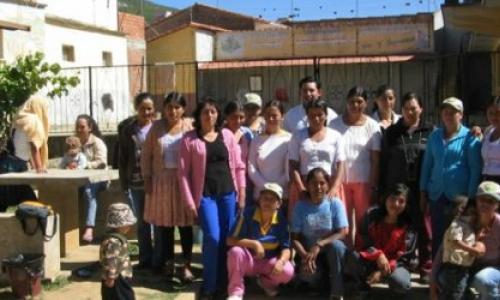
During the past two years’ experience studying and living in Canada, I struggled, fell, and got up every time with a lesson learned by heart. From putting coins on my bed and memorizing each of them in my first week in Canada, until now sitting in front of my laptop and typing a blog article in English – I have been learning, adapting and preparing myself for my future career.
For international students, getting a job after graduation is about more than just paper work. As a career peer, I am glad that now I know more about resume and cover letters, but those are just a knock on an employer’s door. You still need to know how to communicate effectively as soon as they open it. Like a teacher in my high school used to say to me - “opportunities are for those who are ready”.
So are you ready for your career? Do you have the ability to communicate with people? Are you adapted to the “Canadian work place”? These skills are like rocks on the road that need to be collected and constructed into a pathway apart from our academic life. In order to overcome the problems that most international students face, extra practical knowledge and determination are required.
Instead of developing a fear of communicating in English, try to create a positive attitude from now on.
Most international students’, first barrier is language. They understand the need to communicate in English to improve their language ability. However, the issue is that many prefer socializing in groups of students that speak their native language and therefore don’t use English as regularly as they could.
It’s certainly a good thing to have friends to share some common interests and culture with. Especially for international students who come all the way from their home countries on their own, having friends like that allows them to feel at home.
Still, you will find that those international students who are fluent in English tend to be more engaged in volunteer programs and other extracurricular activities. As a result, they have lots of friends from different cultures. This certainly “forces” them to speak English on a daily basis and therefore, they start to make more English-speaking friends.
This positive start can keep their English “active” and can encourage them to attend more events or do volunteer work.
Overcoming obstacles is only possible through courage and determination.
When I first opened the economics textbook in my first semester, I could barely see any familiar words except “a” and “the.” It took me two hours to read a single page because I had to check the dictionary whenever I saw a new word. Often, by the time that I figured out the whole sentence, I had already forgot what the last sentence was talking about.
I am sure this is not only my story, but also every international student’s. I am proud that I went through it. Even though it seemed like it would take me forever to finish one section, I read the entire book of 400 pages day by day under my lamp in the bedroom of a home-stay family. That courage and determination, although it might not seem like a big deal, has been driving me through many hard times. And I know that it will take me very far. It will take you far as long as you have it, too.
We all have big goals. But are you trying your best to push through it? Or are you blaming on external factors, hiding behind a wall that stops you? Most people find it hard to start talking in English because they think that their accent embarrasses them. But does that even matter? People are usually very patient to listen to you. They appreciate your effort in at least trying to work hard. And as long as you are learning and improving, one day nobody will remember that you were once poor in English. Instead, the story of how you significantly improved yourself will inspire everyone around you.
And don’t be shy about asking “stupid” questions. We learn from questioning. It’s always better to clear things out rather than doubting and burying them in your stomach. One day, you might find that all those stupid questions that you were too proud to ask become a trap that stops you from moving forward.
So, once again: be brave, talk more, and most importantly – breakthrough the wall that blocks you!















